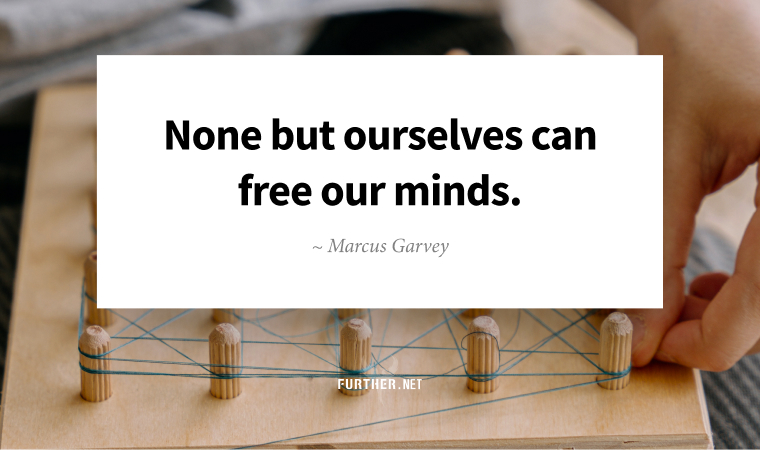
Strength and stamina are as much psychological as they are physical. Thanks to world-class athletes like Simone Biles and Naomi Osaka, it’s now clear resilience isn’t about powering through mental health challenges.
Instead, it’s about training yourself to perform under pressure, which includes knowing when to walk away before irreparable damage is done — to you and those around you.
You can prepare for challenges by taking a page out of the elite athlete’s playbook to boost your fortitude and focus for grace under pressure.
Mental Gymnastics
Performance-driven pros aren’t the only people who need help facing life’s challenges. We all could use a daily mental health check, especially when facing an ongoing stressor like COVID.
Since the 1930s, when the Chicago Cubs used sport psychologist Coleman Griffith to bolster their cognitive readiness, top athletes rely on mental skills coaches to help them get and stay in the zone.
While regular coaching might involve leading athletes in repetitive drills and scrimmages, mental skills coaches supply athletes with a suite of psychological tips and tricks to instill a winning mindset, like sharpening on-field focus, brushing up confidence, and winnowing distractions.
Strategies psychological trainers use include:
- “Imagery training”: Picture yourself achieving a goal in sharp sensory detail. What does it look, sound, and feel like?
- “Pressure training”: Purposefully increase your stress levels by doing a practice run in front of a crowd or with a friend who asks provocative questions.
- Lighten up: Beat overthinking by having a good chuckle. Watch a funny video or do a goofy dance to break negative rumination patterns.
And then, of course, there’s the ultimate pro move that will help you go out on top without taking anyone else down with you.
Know When to Quit
Just as the “twisties” guided Simone Biles to drop out of Olympic competition, I used to view my severe anxiety as a barometer to know when it’s time to make a change.
Today I know that’s a lousy way to live. Instead, I turn to stress-reducing practices like meditation or walking to manage my anxiety proactively. Yoga practitioners recommend identifying your “point of pleasant tension,” where stretching yourself is challenging but not incapacitating. It’s also helpful to look at the goal you’re chasing and decide if it’s still worth it.
Finally, self-care is crucial. Success shouldn’t come at the expense of your mental health, so take time to assess the toll endeavors take on you before and after an event. Then, do what feels good to you to release bliss chemistry and relax.
Ultimately, mental fitness is the dividing line between breaking down and breaking through. Real champions rely on their brain, not their brawn, to do what it takes to live to fight another day.
Simone Biles Is A Role Model For Mental Fitness: 3 Ways To Learn By Her Example, From A Clinical Psychologist (Mindbodygreen)
An Athletic Coach for the Mind? (New York Times)
